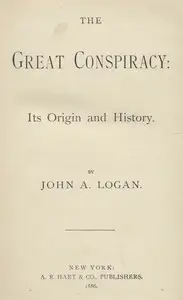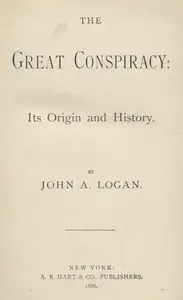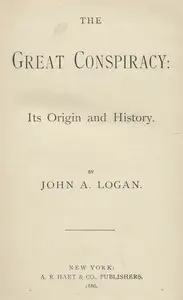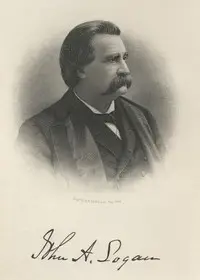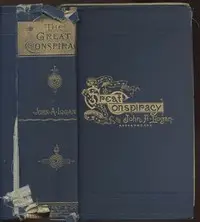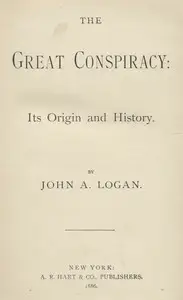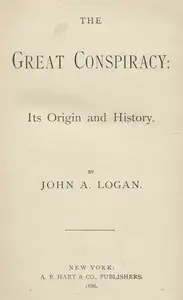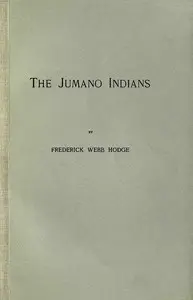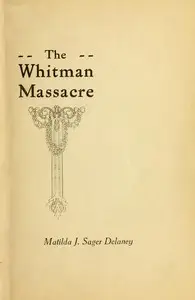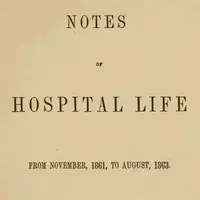"The Great Conspiracy, Volume 4" by John Alexander Logan is a historical exploration of the Civil War era, particularly its connection to slavery and the road to emancipation. The book examines the political and military decisions made by both the Union and Confederacy regarding slavery during this critical period. The story begins by highlighting the impact of the war on the institution of enforced servitude, referencing figures like Patrick Henry and John Quincy Adams to emphasize the disagreements around the emancipation question. Initially, the narrative underscores the debates and inconsistent policies within the military and government regarding the treatment of enslaved people, especially in the aftermath of Fort Sumter. Differing viewpoints among Union generals on whether to shelter or repatriate runaway slaves are brought to light, revealing the moral, governmental, and combat-related complexity of the issue. The early debates showcase an emerging realization of the necessity of emancipation as a wartime tactic and a moral requirement, which consequently paves the path for later legal reforms.
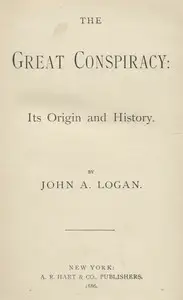
The Great Conspiracy, Volume 4
By John Alexander Logan
During America's bloodiest war, slavery becomes not only a battleground issue, but a turning point within the nation.
Genres
Released
2004-06-01
Formats
epub
mobi
epub3 (images)
epub (images)
mobi (images)
txt
Free Download
Summary
About the AuthorJohn Alexander Logan was an American soldier and politician. He served in the Mexican–American War and was a general in the Union Army in the American Civil War. He served the state of Illinois as a state Representative, a U.S. Representative, and a U.S. Senator and was an unsuccessful candidate for Vice President of the United States as James G. Blaine's running mate in the election of 1884. As the 3rd Commander-in-Chief of the Grand Army of the Republic, he is regarded as the most important figure in the movement to recognize Memorial Day as an official holiday.
John Alexander Logan was an American soldier and politician. He served in the Mexican–American War and was a general in the Union Army in the American Civil War. He served the state of Illinois as a state Representative, a U.S. Representative, and a U.S. Senator and was an unsuccessful candidate for Vice President of the United States as James G. Blaine's running mate in the election of 1884. As the 3rd Commander-in-Chief of the Grand Army of the Republic, he is regarded as the most important figure in the movement to recognize Memorial Day as an official holiday.
Total Reviews
10.0k
Total reviews from Goodreads may change

